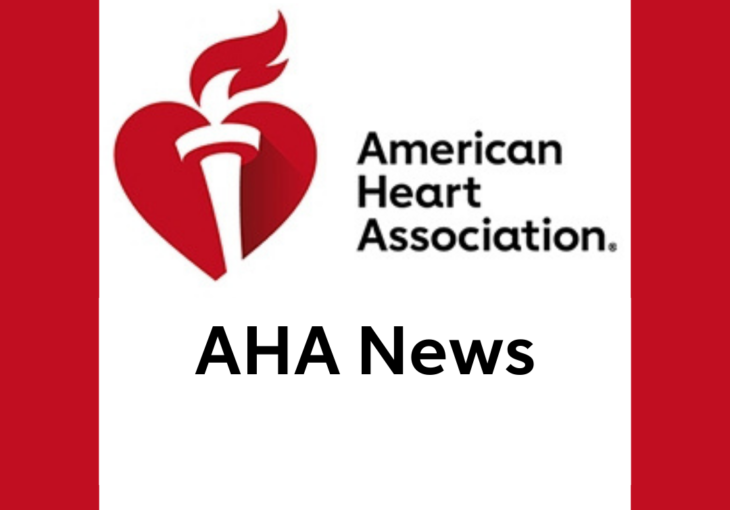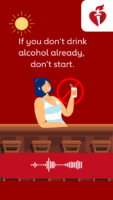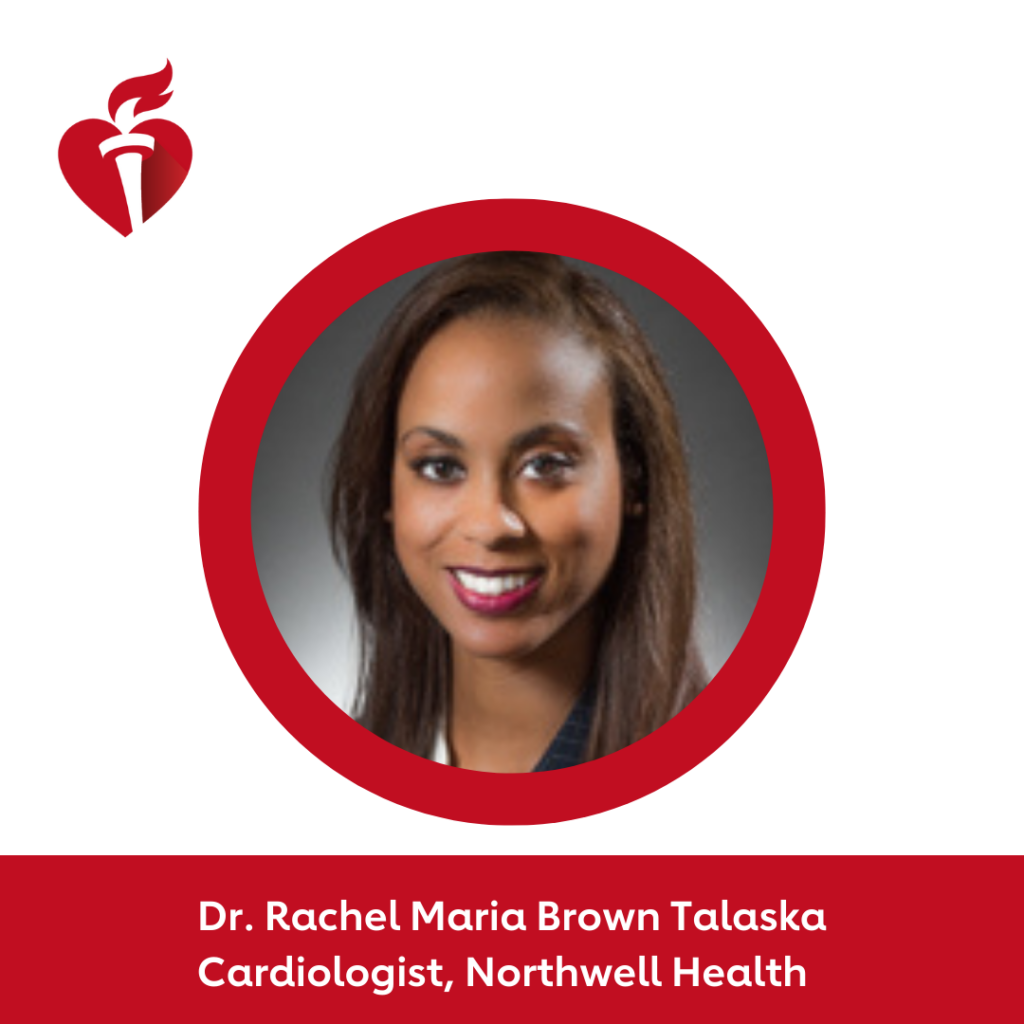Many people view the summertime as a time to kick back, relax a little bit, and enjoy the warm weather. That mindset also often sets the stage for overconsumption of alcohol.
An analysis of seven international research studies published today in Hypertension, an American Heart Association journal, found a clear association between increases in systolic (top-number) blood pressure and the number of alcoholic beverages consumed daily. The analysis of data from studies involving more than 19,000 adults in the United States, Korea and Japan indicates even people who drank one alcoholic beverage per day showed a link to higher blood pressure when compared to non-drinkers. not already.
This analysis confirms for the first time there was a continuous increase in blood pressure measures in both participants with low and high alcohol intake. Even low levels of alcohol consumption were associated with detectable increases in blood pressure levels that may lead to a higher risk of cardiovascular events.
“We found no beneficial effects in adults who drank a low level of alcohol compared to those who did not drink alcohol,” said senior study author Marco Vinceti, M.D., Ph.D., a professor of epidemiology and public health in the Medical School of the University of Modena and Reggio Emilia University in Italy and an adjunct professor in the department of epidemiology at Boston University’s School of Public Health. “We were somewhat surprised to see that consuming an already-low level of alcohol was also linked to higher blood pressure changes over time compared to no consumption – although far less than the blood pressure increase seen in heavy drinkers.”
I was also able to speak with New York City based cardiologist, Dr. Rachel Maria Brown Talaska, from Lenox Hill Hospital, Northwell Health. She answered a few questions for our readers.
Is drinking alcohol part of a healthy lifestyle?
The American Heart Association advises people to limit alcohol intake and to not start drinking alcohol if you don’t. If you do drink, talk with your doctor about the benefits and risks of consuming alcohol in moderation. Some people should not drink at all, like women who are pregnant or trying to get pregnant, people under age 21 and people with certain health conditions.
Moderate alcohol consumption means an average of one to two drinks per day for men and one drink per day for women. Different types of beer, wine and liquor have different amounts of alcohol. But in general, a drink is one 12-ounce regular beer, 5 ounces of wine or 1.5 ounces of 80-proof spirits, such as bourbon, vodka or gin.
What is binge drinking?
Binge drinking — having five or more drinks in two hours for men or four or more drinks for women — may put you at higher risk for atrial fibrillation, an irregular or quivering heartbeat that can lead to blood clots, stroke and heart failure.
Heavy drinking may also prematurely age arteries over time, particularly in men, when compared to moderate drinkers.
Plus, all the extra calories from drinking alcohol can lead to obesity and a higher risk of developing diabetes. Learn more about alcohol and how it affects the body
Alcohol helps me relax. How else can I deal with stress?
Drinking alcohol may seem like a convenient way to cope with stress, but there are many other healthier strategies. Staying physically active, eating healthy foods, getting enough sleep and maintaining a positive attitude are some good ways to manage stress.
I’ve read that red wine is heart healthy — can I drink as much as I’d like?
Unfortunately, red wine as a miracle drink for heart heath is a myth. The linkage reported in many of these studies may be due to other lifestyle factors rather than alcohol. Like any other dietary or lifestyle choice, it’s a matter of moderation.
If you need help
If cutting back on alcohol is hard for you to do on your own, ask your health care professional about getting help.
For additional alcohol addiction information:
AA: https://alcoholicsanonymous.com/aa-meetings/new-york/
NYC Health Department: Office of Alcohol and Drug Use Services https://www.nyc.gov/site/doh/health/health-topics/alcohol-and-drug-use-services.page
NYC H+H: https://www.nychealthandhospitals.org/services/alcohol-substance-use-and-opioid-services/
NY State Office of Addiction Services and Support: https://oasas.ny.gov/


